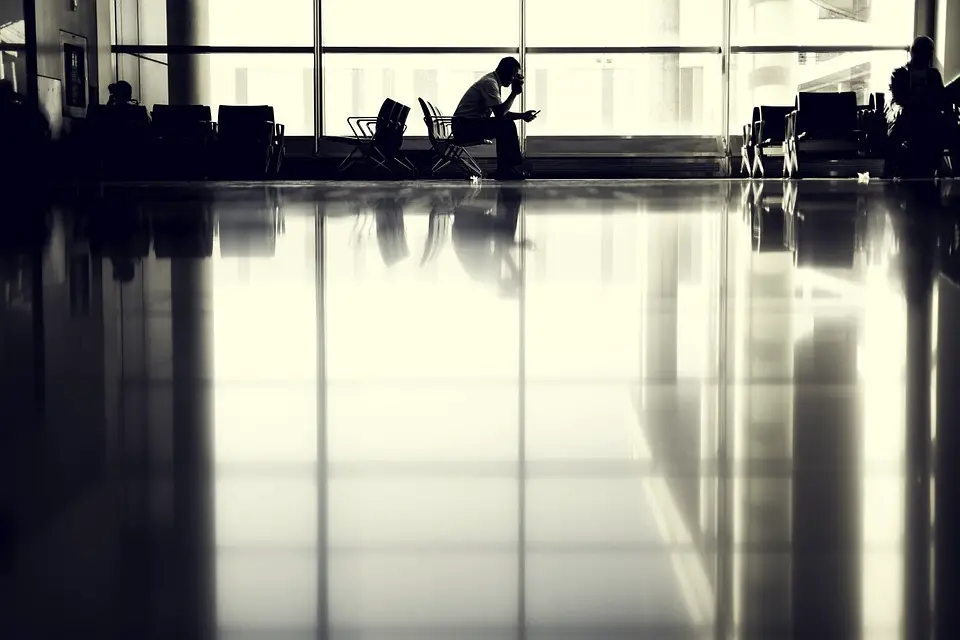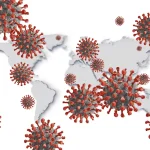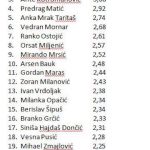As Iva Badanjak/Novac writes, European Union (EU) member states issued more than 200 million Covid certificates (EU digital green certificates) in one week, meaning that almost every other EU citizen has downloaded their digital certificate proving their vaccination status, that they have a recently obtained negative test or that they have recovered from the new disease.
European Commissioner for Justice Didier Reynders presented an analysis to the European Parliamen on the current state of the implementation of EU regulations on digital covid certification.
Reynders expressed his satisfaction with the state of affairs so far, but warned that the regulation is still at an early stage and technical problems need to be resolved.
“I’m happy to tell you that most member states do exempt fully vaccinated or recovered persons from testing or quarantine requirements,” Reynders said.
The EC Commissioner called on countries outside the European Union to link their certificates to the European system and revealed that the first country to be accepted into the European covid certificate system would be Switzerland.
EU regulations on digital covid certification officially came into force on the 1st of July, although some member states started using the certificate as early as June. The European Parliament has advocated a coordinated approach to travel measures that will allow EU citizens to re-enjoy their right to free movement without imposing additional restrictions such as quarantine, self-isolation and additional testing.
Spanish MP Juan Fernando Lopez Aguilar (S&D) said that the idea behind the introduction of digital EU covid certification was to relaunch the Schengen zone, ie to increase the confidence of EU citizens and those living legally in the bloc who want to move and travel freely again.
“There are still difficulties in this initial phase of adjustment in terms of developing the infrastructure and technology needed to receive and send these certificates. Also, some member states still don’t issue all three types of certificates and have introduced a six-week scheme. They’re still concerned about the slowness of vaccination and obstacles to free movement. The deadline for the implementation of this regulation is one year and we hope that this will allow us to solve all obstacles in that period,” said Lopez Aguilar.
MP Jeroen Lenaers, on behalf of the European People’s Party MPs’ Club, said that “200 million small steps back to normal” have been made in less than four months.
A majority of MEPs called for the introduction of free testing in all EU member states, as this would mean an even greater increase in tourist travel.
“This document is extremely important for the resumption of tourism. The data is encouraging. We have a positive tourist season ahead of us. We’ve seen an increase in the number of hotel reservations, we’re currently at 80 percent of reservations since 2019. We supported this document provided it isn’t an obligation We’re calling for the introduction of free testing for all tourists,” said MEP Annalisa Tardino (Identity and Democracy Group).
Her party colleague, Nicolaus Fest, was among the fiercest critics of the introduction of this Covid certification at the plenary session.
“The EU’s strategy for Covid certification and vaccination has completely failed. We heard today that, not only are there restrictions on travel, but there are also forms for the location of travellers. There is no unity in terms of regulations and this digital certification isn’t a great achievement. The only thing the EU has taken care of is its own pharmaceutical industry enrichment programme. The anti-covid strategy has been a mistake since the beginning and has now proved unsuccessful. Huge amounts of money, billions of euros, have been thrown into the wind and protection through vaccination hasn’t been achieved.”
The non-harmonisation of rules at the level of the entire EU was especially criticized by Czech MP Dita Charanzova (Renew), who accused Croatia of changing the conditions for entry into the country very couple of hours and causing more issues than there already are.
“From the very beginning of all this, I’ve been in favor of a simple solution that will reopen Europe without restrictions. But in practice this looks different. Croatia changes the conditions of entry every few hours. The chaos is growing. If this continues, we’ll soon need another GPS to pass through all measures and restrictions. I’m appealing to EU member states not to surprise us anymore like this and to strive for maximum freedom of movement in Europe,” Czec MEP Dita Charanzova bluntly said, taking a swipe at typical Croatian complications.
For more, follow our politics section.











